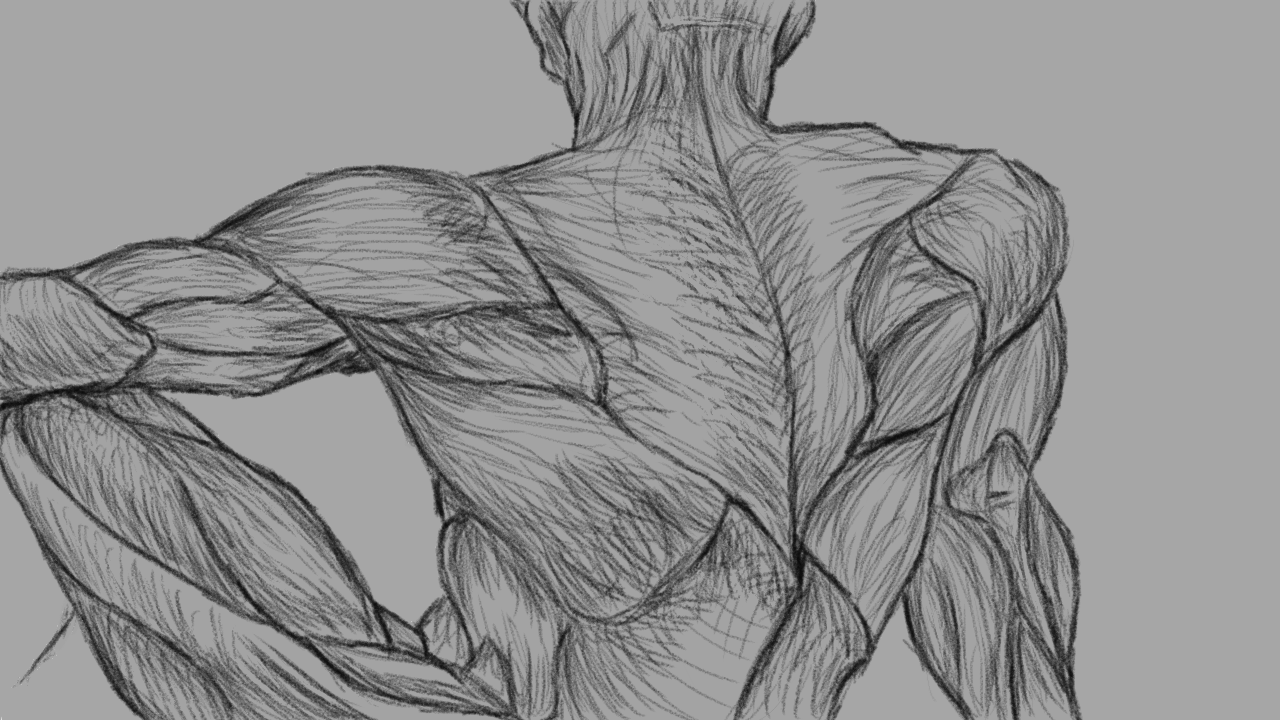
Do Stronger Muscles Have Lower Reaction Times?
Have you ever been to the doctor and they tap under your kneecap with the little hammer? If you train your legs hard enough can you doge the reflex hammer to show the doctor how good your reflexes really are? Jokes aside, reaction time is tied not only to muscle strength but to your cognitive abilities as well. Can you theoretically use muscle strength to deduce cognitive functions? Well, keep reading to find out.
Before we move on with the post Can you please sign up for our newsletter? It’s totally cool if you don’t want to but it helps me a lot! Thanks!
Is there a correlation at all?
In a study published in “Achievements in the Life Sciences”, Researchers conducted an experiment on a group of 90 kitchen workers of both sexes between the ages of 25-40. They divided the subjects in a control and test group based on the kind of occupation they had. That means that the control group had less physically demanding work. They then measured their Grip strength, visual and auditory reaction time as well as cognitive functions.
The research team concluded, “Muscle strength (as measured by hand grip strength) was associated with improved reaction time.” That being said the results were not cut and dry. there were some interesting differences between the sexes and the dominant and nondominant hands of the subjects which we’ll get to later. But before we get there…
How did the researchers measure all this?
To standardize hand grip strength, the team used a tool called a “Dynamometer” which shows in kilograms how much force your grip can produce for at least 3 seconds. The participants had 6 shots at squeezing as hard as they could (3 for each hand) and the highest recorded number would be their score.
for reaction time, the scientists used a simple yet effective setup. participants were seated behind a desk and they had to press a button as soon as they sensed a stimulus. In this study, they measured visual and auditory reaction times which means the participants had to press the button when they see a glass on the screen or when they hear a sound.
Are the results universal?
The results gathered in this experiment show that grip strength and reaction time are positively correlated BUT -and that’s a big BUT- these results were only observed in the dominant hand and not in the non-dominant hand. Moreover, there was a positive correlation between visual and auditory reaction times, Which means if you have a lower visual reaction time you will probably have a lower auditory reaction time as well.
There was no correlation to the other things the research team tested for, which includes BMI (Body Mass Index), cognitive functions, and sensory disabilities. This means that the difference cannot be explained by the “body size” of the participants nor is it a function of their cognitive abilities. It is important to test for such variables in your experiment to make sure that the results you get are actually due to the variable that you are studying.
The bottom line
Yes. Stronger muscles decrease your reaction time. If by “stronger muscles” you mean the forearm muscles of your dominant hand. It’s imperative not to misrepresent results and the meaning behind them. This study, like virtually every other study ever published, is not perfect and should not be taken as objective truth. More studies have to be conducted before you can say for certain whether or not stronger muscles mean lower reaction times.
